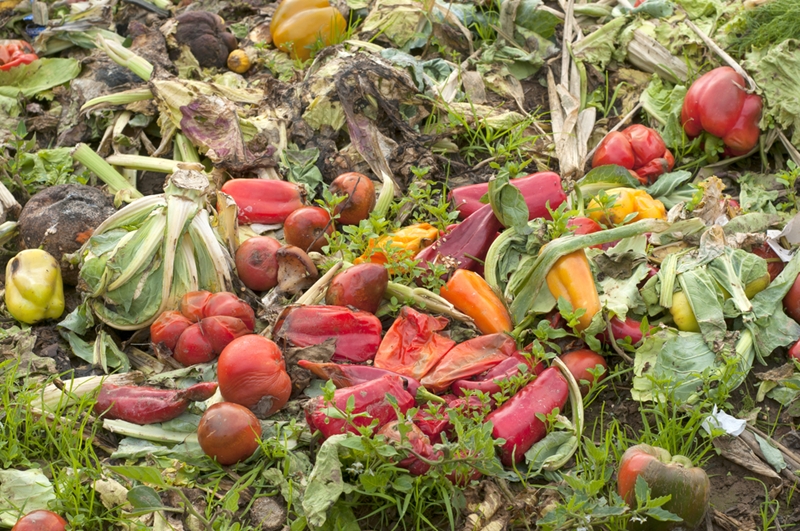People across the world rely upon the safe transport and storage of food items, particularly perishables that must be consumed within a certain timeframe. Much of this depends on keeping food in the right conditions at all times. Power outages can create major issues for food providers like grocery stores and restaurants. Let’s take a closer look at how the food industry is impacted by power outages:
Increase in food waste
Food providers carry a large number of items at a time to ensure inventory matches customer demand. Outages throw a major wrench into these numbers by taking down refrigerators and other storage mechanisms. According to the Food Marketing Institute, supermarkets carried an average of 39,500 items each in 2015. If even a quarter of this inventory was perishable, that’s 9,875 items that must be thrown away. This accounts for fresh fruits and vegetables as well as refrigerated or frozen items. Putting this on top of regular food waste could end up costing a lot for a store to recover.
 A power outage can significantly increase food waste.
A power outage can significantly increase food waste.For restaurants, the threat is even more critical, as they could easily lose the necessary inventory to meet customer requests. According to the Houston Chronicle, 28 to 35 percent of restaurant expenses go to food. This cost rises if a restaurant doesn’t use its products wisely or inadequately manages its inventory. An outage would increase food waste and throw off inventory tracking, inhibiting operations and productivity.
“With a UPS system, organizations can preserve food for as long as possible.”
Take action to reduce damage
Outages often happen without any warning, so it will be important to minimize the damage as much as possible. The U.S. Food and Drug Administration suggested monitoring the thermometers on the freezer and refrigerator closely to determine if temperatures can keep the food safe. Organizations should group food together to help keep them cold longer. Stores should also prevent opening the freezer doors as much as possible to maintain the temperature at the right level.
If stores and restaurants truly want to get ahead of outages, they must implement a strategy to prevent power loss. An uninterruptible power supply unit seamlessly transfers power in the event of an outage, enabling organizations to make other arrangements during the battery runtime. This implementation will help lessen food waste and costs associated with food spoilage during an outage.
An outage can occur at any time, due to severe weather, downed power lines and a variety of other triggers. Organizations within the food industry must ensure that they are prepared to handle such an event, as an outage could mean throwing away inventory and spending more to recoup the loss. Many food providers already pay a large portion of money for maintaining inventory levels, so protecting these items will be integral to business continuity. With a UPS system, organizations can preserve food for as long as possible until the issue is resolved or other arrangements are made.
For more information on how a UPS can power your business, contact ECS today.
Check out this resource for additional information on additional safety precautions in power outage situations.

